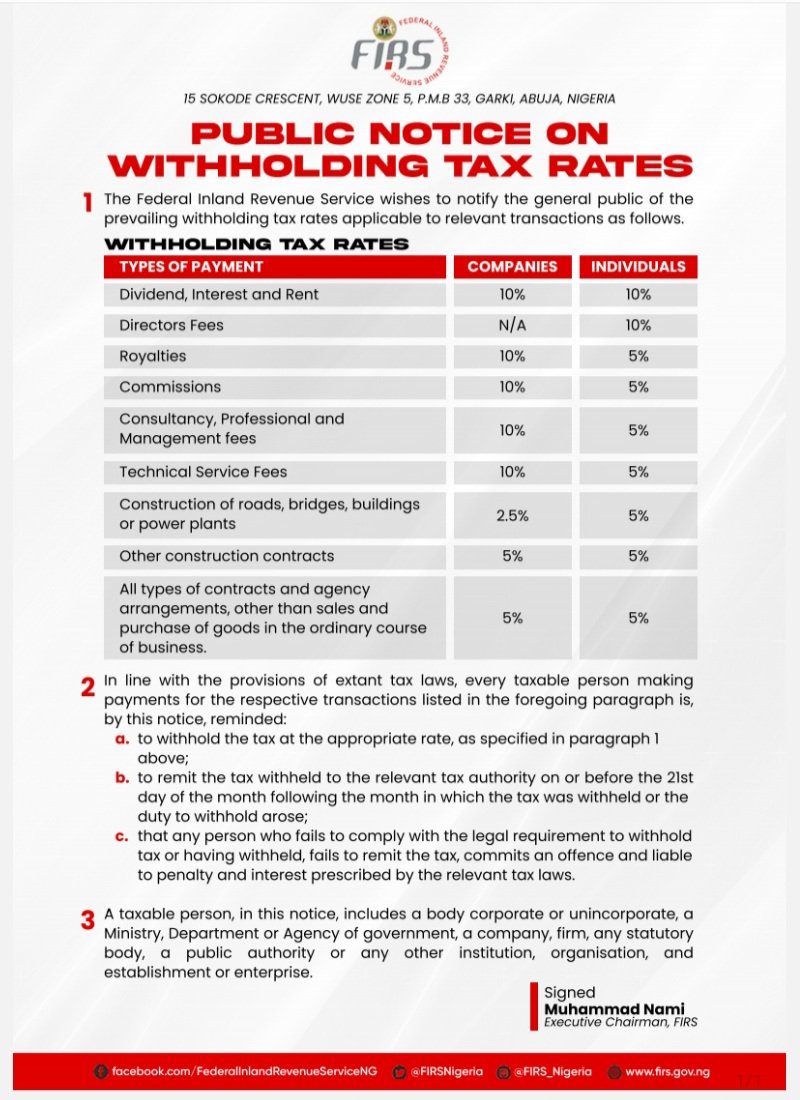
National Financial inclusion stakeholders in Nigeria, led by the Central Bank of Nigeria (CBN), will converge on Abuja on Thursday, January 17 and Friday, January 18, for the launch of key policy documents aimed at facilitating the attainment of the financial inclusion target of 80 per cent by 2020.
Policy documents to be unveiled at the conference expected to attract over 400 delegates are the Revised National Financial Inclusion Strategy (NFIS 2.0), the Financial Literacy Framework, the Consumer Protection Framework and the Consumer Education framework.
According to details obtained from the CBN, the conference also aims to ensure that new comers into the financial inclusion bracket are adequately protected and educated in line with the provisions of the policy documents.
Other objectives of the two-day conference to be declared open by the CBN Governor, Mr. Godwin Emefiele are to update participants on the growing sophistication of the financial market, the competitive environment in which financial services providers operate, and the benefit and value of providing access to financial services among others. While hoping to enhance consumer confidence and trust in the financial services to facilitate progress towards achieving 80% financial inclusion target by 2020, the CBN and other stakeholders also seek to obtain customer feedback on how best to implement the financial inclusion policies.
Latest figures released by Enhancing Financial Innovation and Access (EFInA) indicate that 36.6 million Nigerian adults, representing about 36.8% of the Nigerian adult population, do not have access to formal financial Services.
To achieve its financial inclusion target, Nigeria, through the National Financial Inclusion stakeholders, seeks to cut the exclusion rate down to 20% by the year 2020, hence various public and private organizations under the auspices of National Financial inclusion stakeholders have been working assiduously since the launch of the first National Financial Inclusion Strategy in 2012 to achieve the objective of 80% inclusion by 2020.








